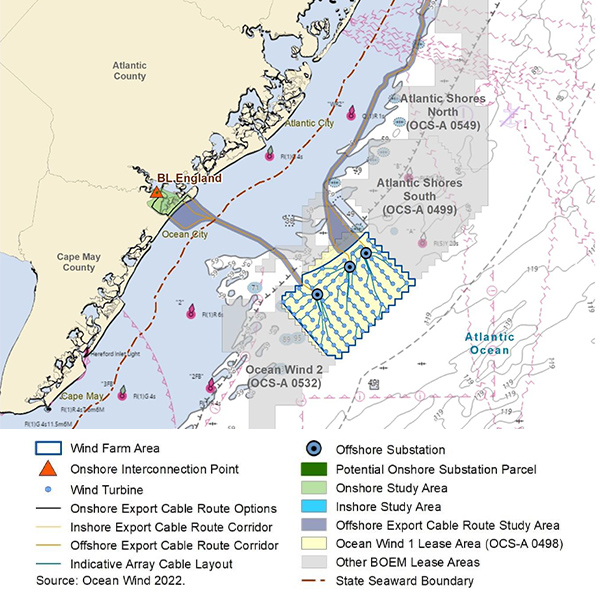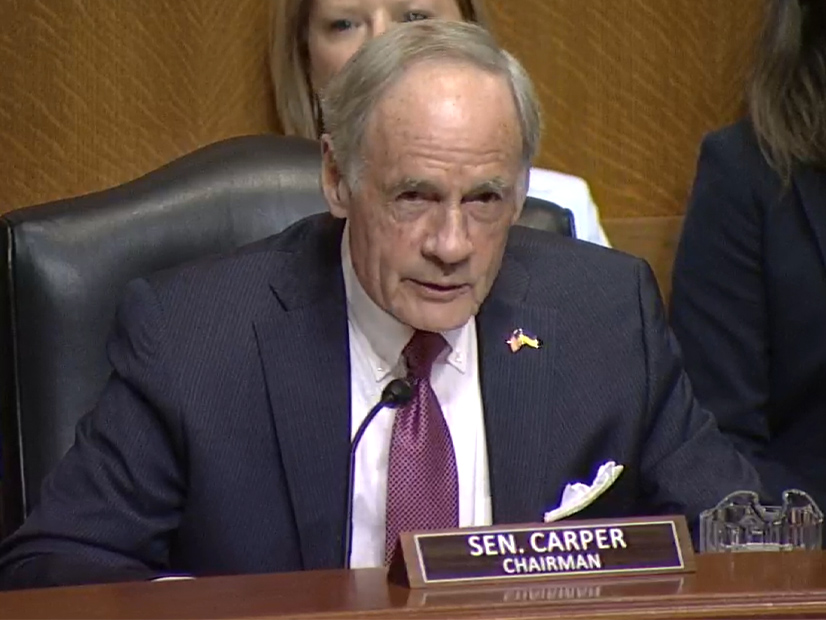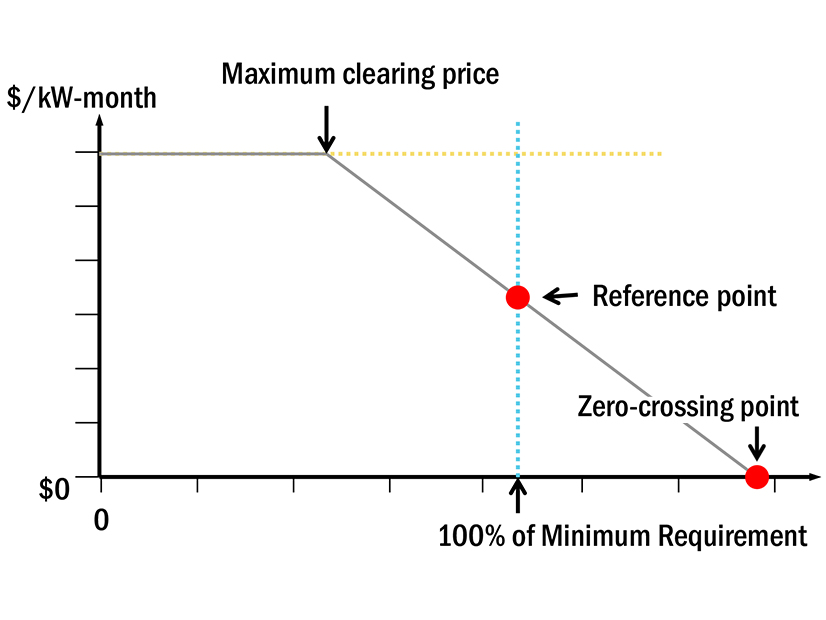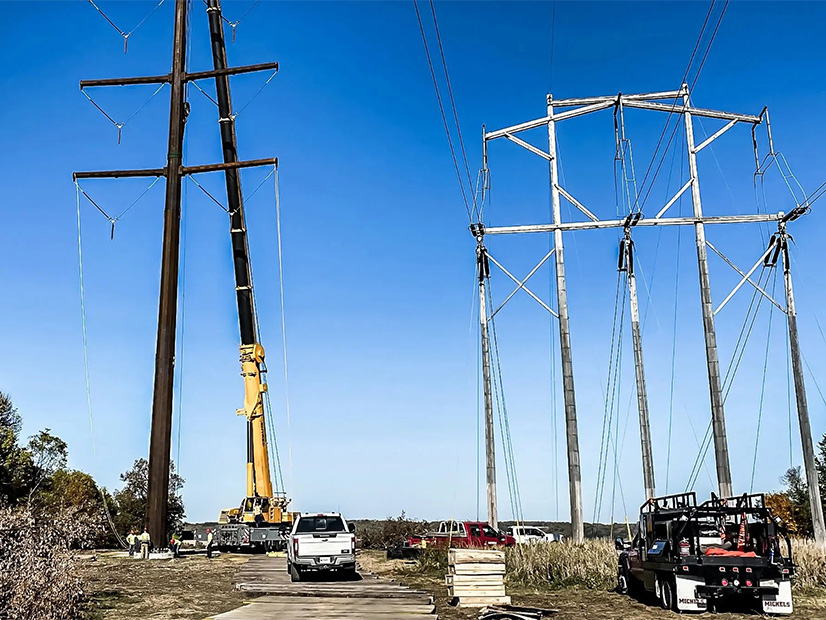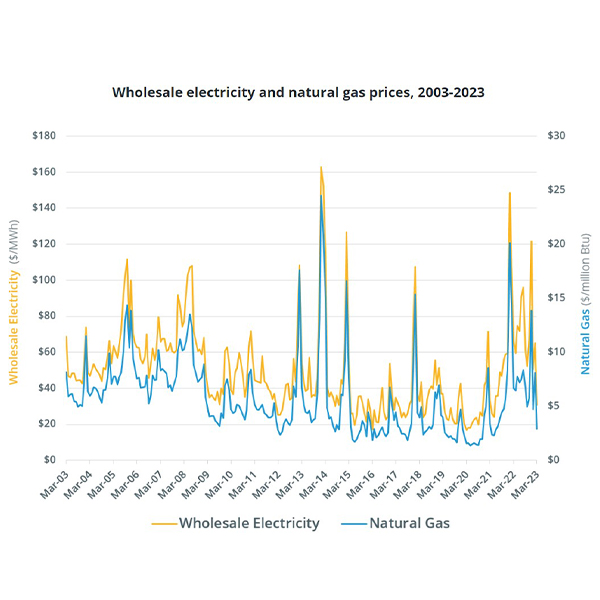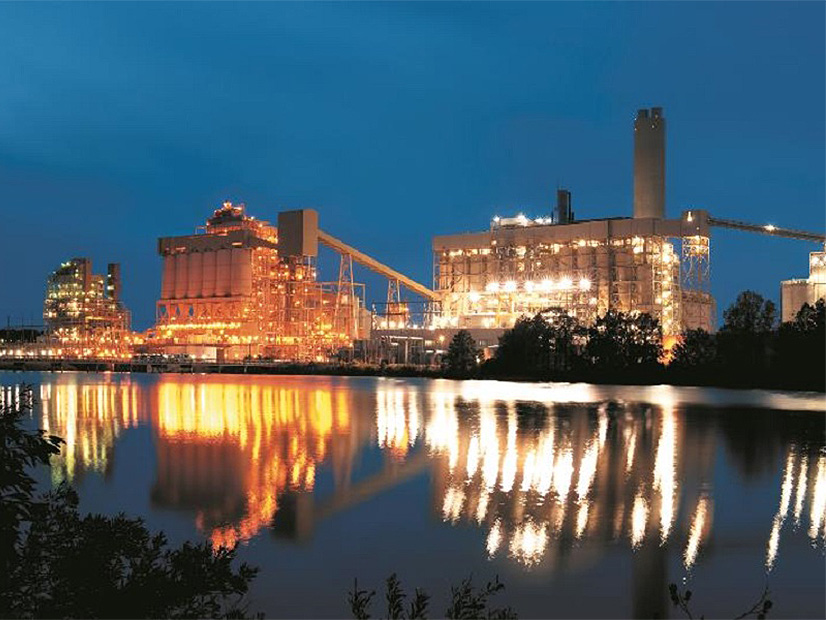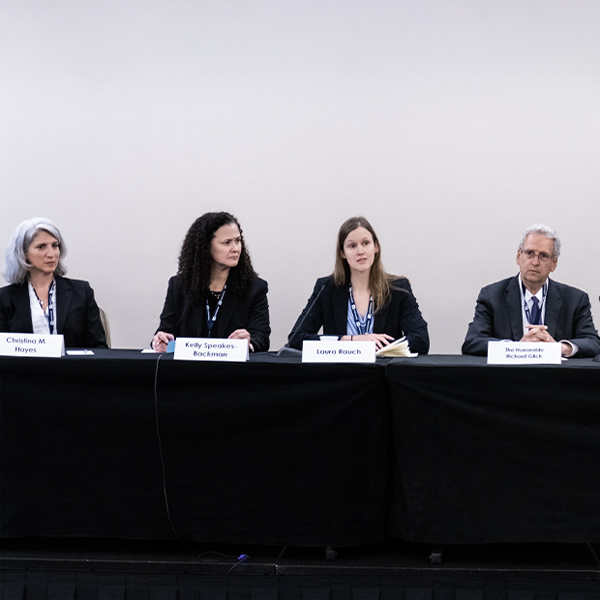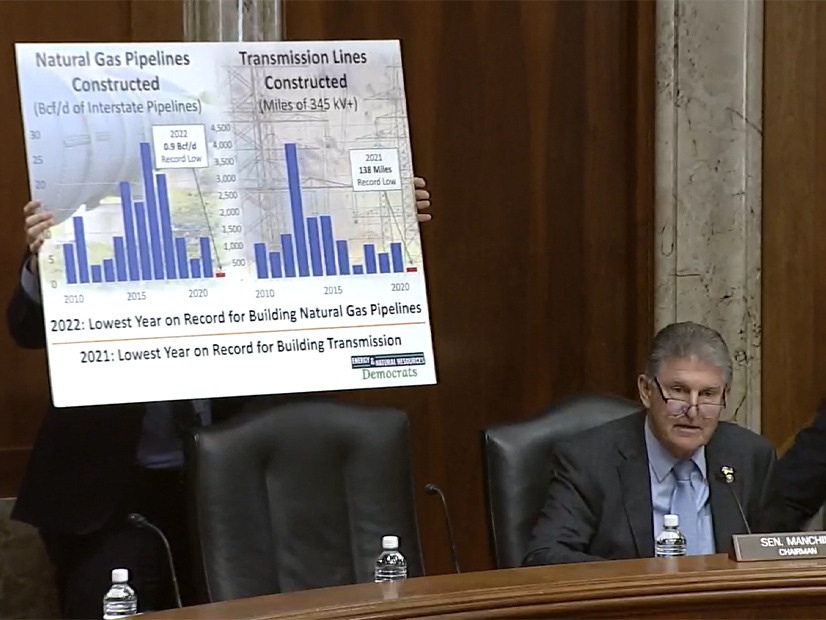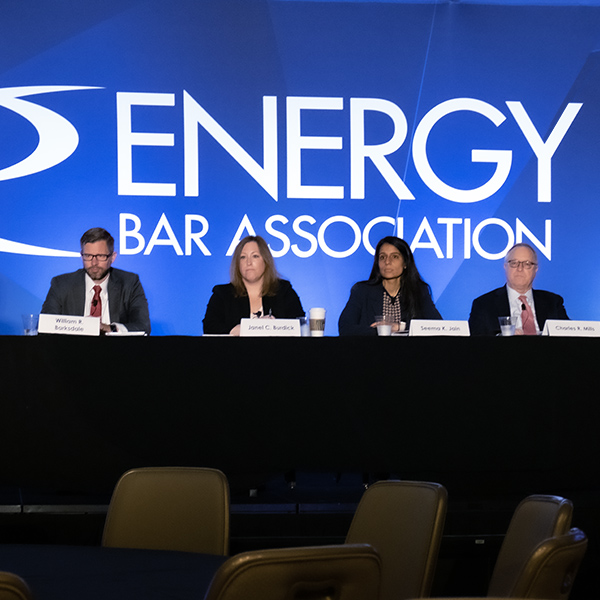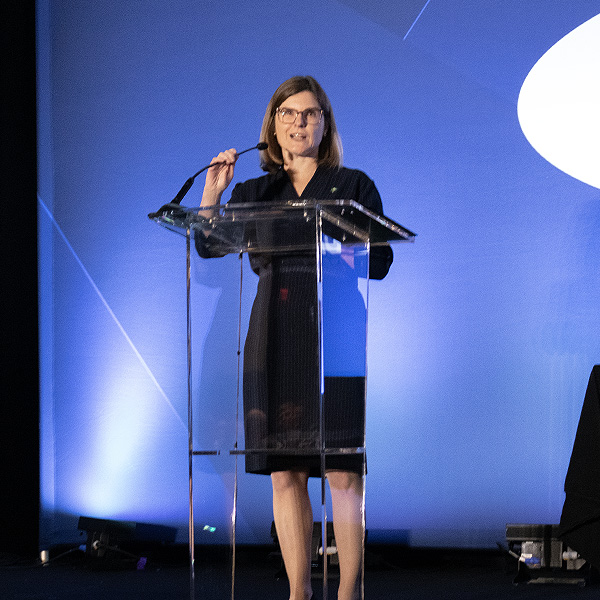FERC & Federal
The Federal Energy Regulatory Commission is an independent regulatory agency that oversees the transmission of electricity, natural gas and oil in interstate commerce, as well as regulating hydroelectric dams and natural gas facilities.
BOEM concluded that Ocean Wind 1 combined with other projects will have a “major” impact on scenic and visual factors and on scientific research.
Sen. Tom Carper's PEER Act would expand FERC’s permitting role; Republican bills have opposed the move.
FERC approved NYISO’s proposed 17-year amortization period when calculating the annual costs for hypothetical fossil fuel peaker plants.
FERC’s proposal to implement its backstop transmission siting authority from the Infrastructure Investment and Jobs Act ran into some opposition from states.
Columnist Steve Huntoon says FERC Commissioner Mark Christie's attack on single clearing price markets is ill informed.
MISO still doesn’t have enough justification to institute a minimum capacity obligation, FERC decided last week.
Much of the focus at the EBA’s conference was on matching electric demand with carbon-free power and building interregional transmission to improve resiliency.
Sen. Joe Manchin called on colleagues to put politics aside and hammer out a bipartisan bill to accelerate permitting of energy and transmission projects.
FERC’s enforcement powers have been impacted by recent court cases, and the commission itself has some new priorities, experts said at an EBA panel Friday.
Utility regulators should not view planning for the grid’s transition as a political act, FERC Commissioner Allison Clements told the EBA's annual meeting.
Want more? Advanced Search
